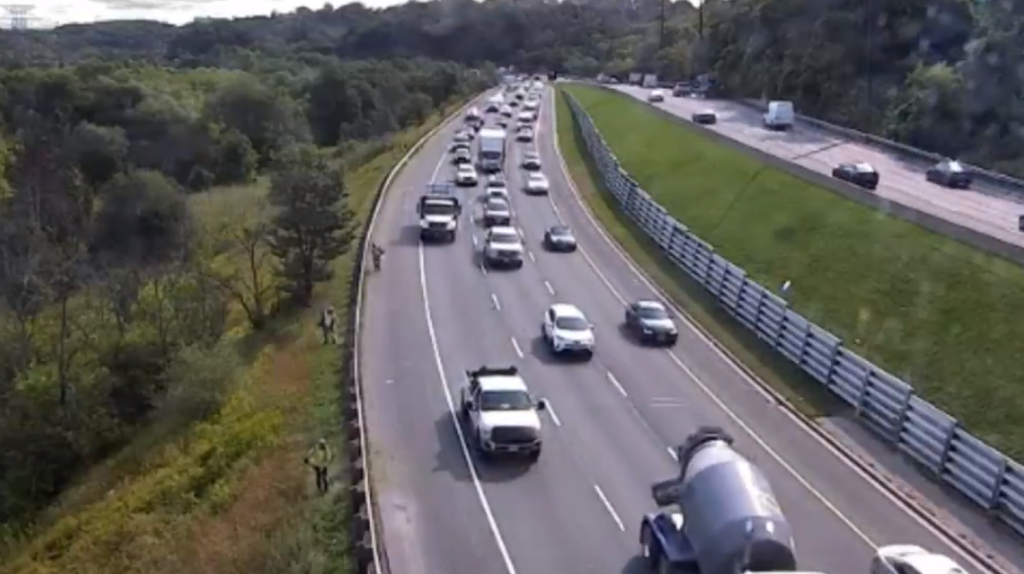Poll finds majority of GTA drivers willing to pay tax or toll for relief on road
Posted April 21, 2012 9:34 am.
This article is more than 5 years old.
TORONTO, Ont. – Nearly all of us have been there, struck in gridlock somewhere in the Greater Toronto Area, thinking, ‘I’d pay anything to get out of this.”
A new poll from Canadian think-thank the Pembina Institute found approximately 70 per cent of GTA drivers are willing to pay some sort of tax or toll for some relief on the roads.
More than half said they would pay a toll to ease congestion, and that number jumped up to the 70 per cent if drivers knew the money was being used directly for rapid transit.
“I think there’s always concern like taxes, it just going to general revenue, am I eve going to see that again? So I think that’s absolutely important,” said Cherise Burda, report author and director of the Pembina Institute’s transportation program.
Nearly two-thirds of commuters polled said the length and conditions of their daily commute is detrimental to their quality of life
In fact, 85 per cent of drivers said they would consider using a different a way of commuting if Ontario would offer pay-as-you-drive insurance.
“For many drivers in the Toronto area, there is no reasonable alternative to commuting to work by car,” Burda said. “This survey shows there is very strong support among drivers for road tolls and other user fees, as long as those funds are used to build or expand rapid transit options in areas where people currently have no choice but to drive.”
Not surprisingly, nearly 95 per cent of respondents said they would prefer to work from home.
The survey, contained in the report “Drivers’ Choice: A survey of drivers in the GTA on options to manage gridlock and fund rapid transit in the region,” polled approximately 1,000 drivers in the GTA with at least thirty-minute commutes.
“Unlike other surveys that have asked the general public about their attitudes toward tough policies like road tolls that are known to reduce gridlock, we wanted to get the perspective of drivers who have to battle traffic every day,” Burda said. “We learned that drivers are willing to pay for solutions that will benefit everyone in the region — as long as these are fair, transparent and dedicated to building rapid transit and delivering real and attractive alternatives to the daily commute.”
The average one-way commute among respondents was 43 minutes.










